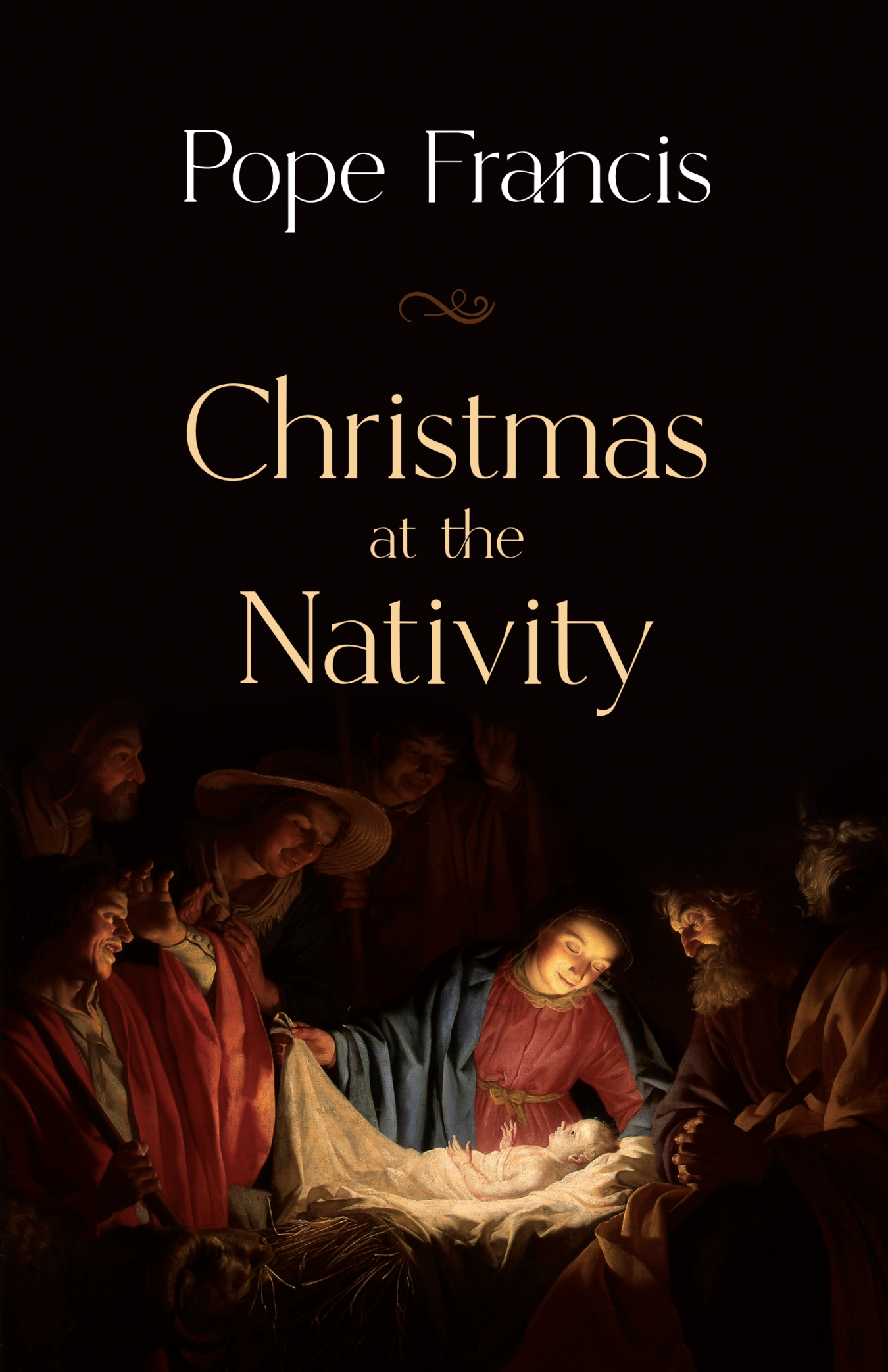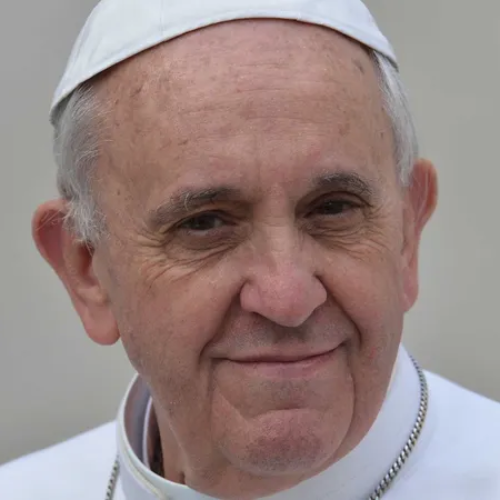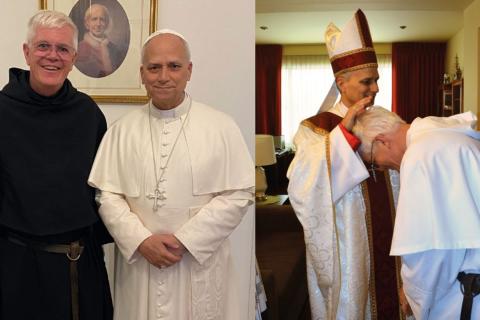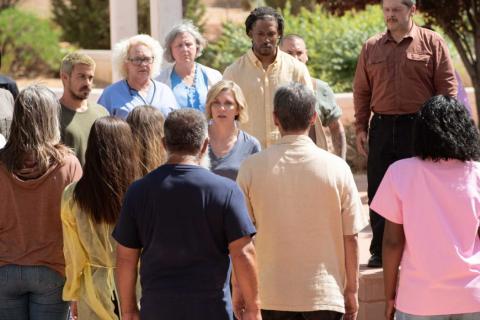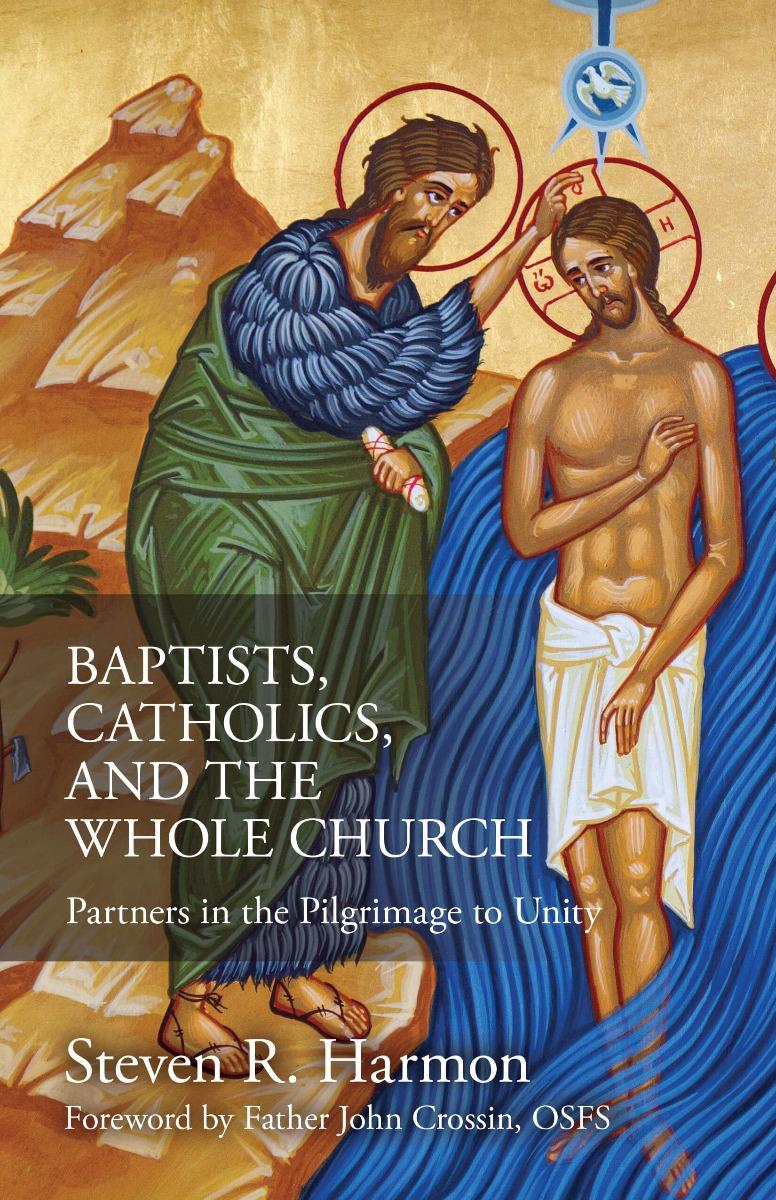An excerpt from a book publishing this month: Christmas at the Nativity, by Pope Francis. Published by New City Press.
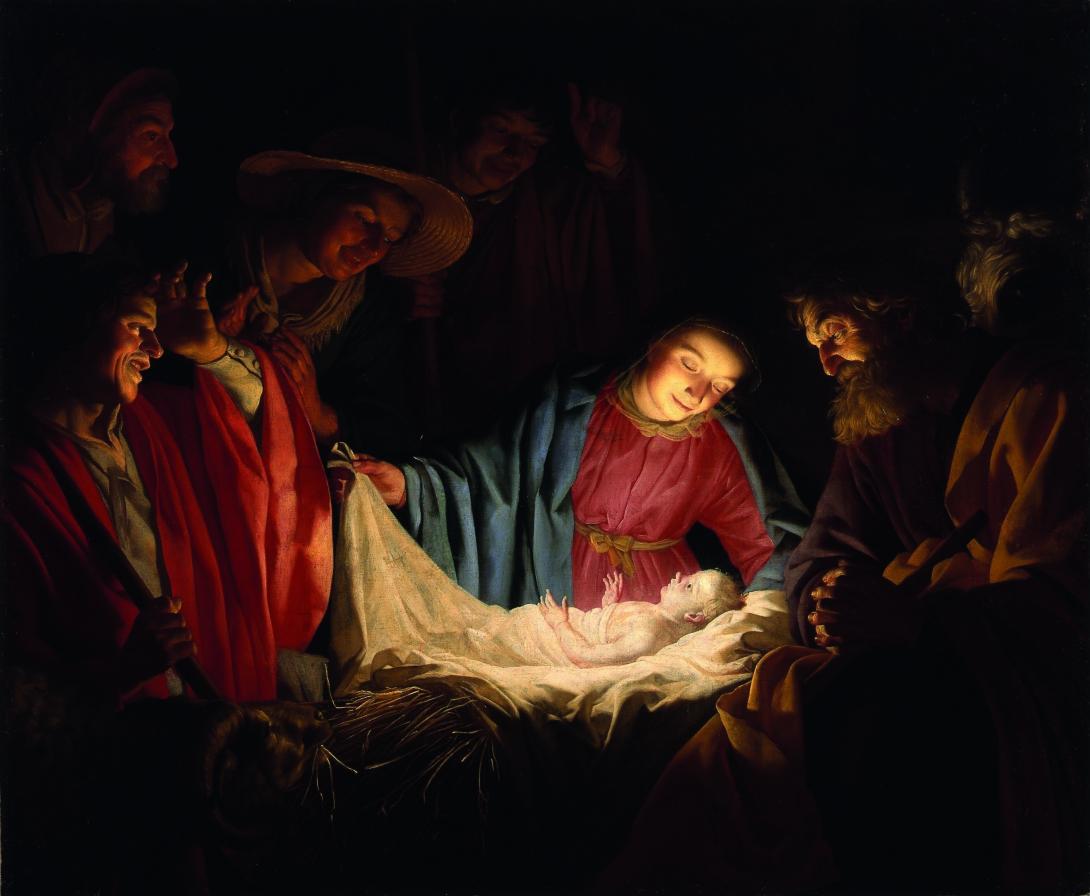
© Adoration of the Shepherds by Honthorst, Gerrit van
The term “holy” places this family within the sphere of holiness, which is a gift from God but, at the same time, is free and responsible adherence to God’s plan. This was the case for the family of Nazareth: they were totally available to God’s will.
How can we not wonder, for example, at Mary’s docility to the action of the Holy Spirit Who asks her to become the mother of the Messiah? Because Mary, like every young woman of her time, was about to realize her life project, that is, to marry Joseph.
But when she realizes that God is calling her to a particular mission, she does not hesitate to proclaim herself His “servant” (cf. Lk. 1:38). Jesus will exalt her greatness not so much for her role as a mother, but for her obedience to God. Jesus said: “Blessed rather are those who hear the word of God and keep it” (Lk. 11:28), like Mary. And when she does not fully understand the events that involve her, Mary meditates in silence, reflects, and adores the divine initiative. Her presence at the foot of the cross consecrates this total willingness.
Then, with regard to Joseph, the Gospel does not give us a single word: he does not speak, but he acts, obeying. He is the man of silence, the man of obedience.
The Gospel reading (Mt. 2:13-15, 19-23) recalls this obedience of the righteous Joseph three times, referring to the flight to Egypt and the return to the land of Israel. Under God’s guidance, represented by the angel, Joseph distances his family from Herod’s threats, and saves them.
The Holy Family is thus in solidarity with all the families of the world forced into exile, in solidarity with all those who are compelled to abandon their own land due to repression, violence, and war.
Finally, the third person of the Holy Family, Jesus. He is the will of the Father: in Him, says Saint Paul, there was no “yes” and “no,” but only “yes” (cf. 2 Cor. 1:19). And this is made manifest in many moments of His earthly life. For example, the episode at the temple when He responded to the anguished parents who sought Him out: “Did you not know that I must be in my Father’s house?” (Lk. 2:49); His continual repetition: “My food is to do the will of Him Who sent me and to accomplish His work” (Jn. 4:34); His prayer in the olive grove: “My Father, if this cannot pass unless I drink it, Your will be done” (Mt. 26:42). All these events are the perfect realization of the very words of Christ Who says: “Sacrifices and offerings you have not desired…. Then I said, ‘Behold, I have come to do your will, O God, as it is written of me in the scroll of the book” (Heb. 10:5-7; Psalm 40:7-9).
Mary, Joseph, Jesus: the Holy Family of Nazareth which represents a choral response to the will of the Father: the three The Holy Family members of this family help each other reciprocally to discover God’s plan. They prayed, worked, communicated.
And I ask myself: you, in your family, do you know how to communicate or are you like those kids at the table, each one with their mobile phone, while they are chatting? In that table there seems to be a silence as if they were at Mass. But they do not communicate between themselves.
We must resume dialogue in the family: fathers, parents, sons, grandparents, and siblings must communicate with one another. This is today’s homework, on the example of the Holy Family. May the Holy Family be a model for our families, so that parents and children may support each other mutually in adherence to the Gospel, the basis of the holiness of the family.
If you enjoyed this article, you might like...


